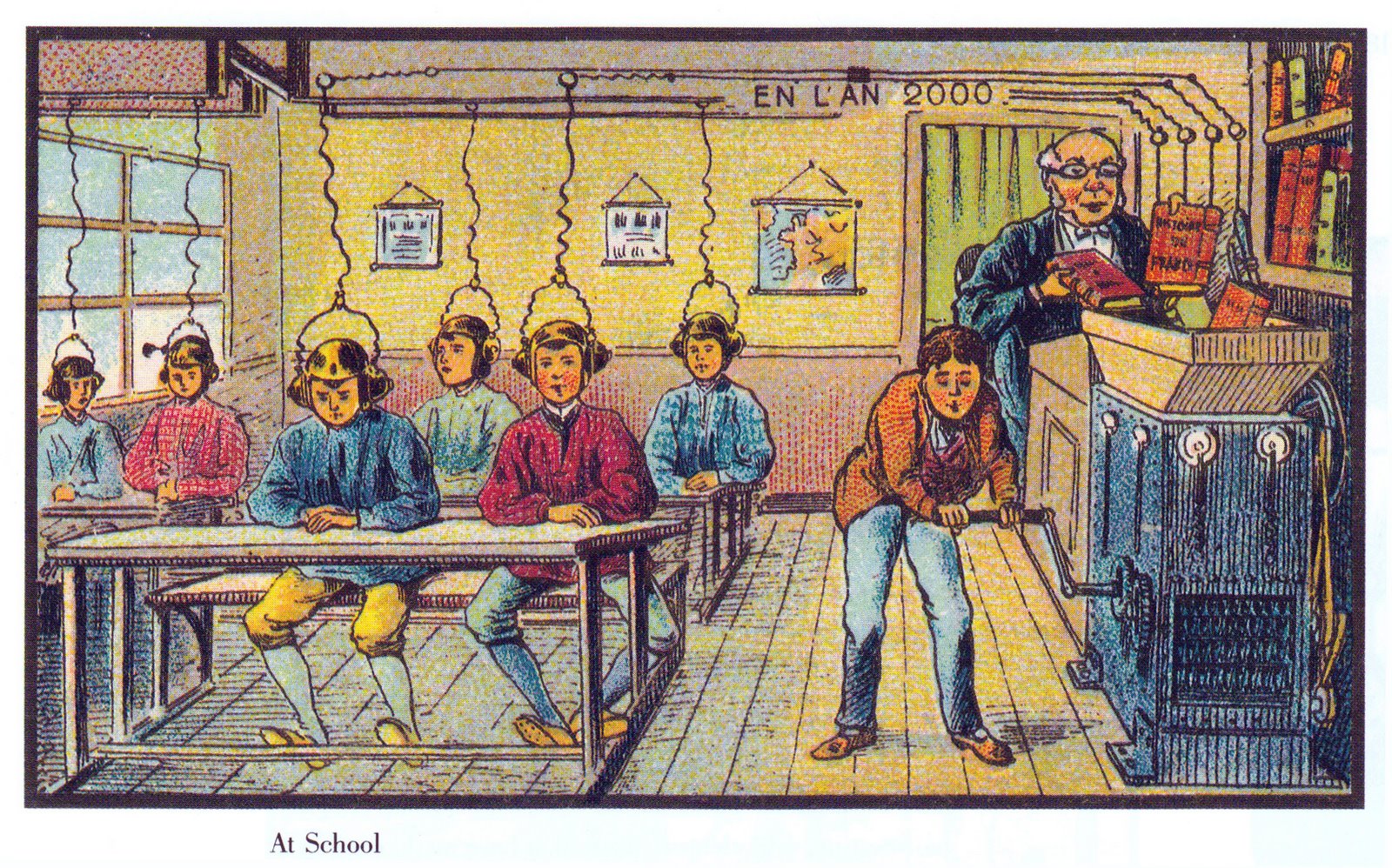Yesterday morning, listening to the radio on my 30 minute commute, I heard Green Party co-leader Dr Russell Norman talking about education matters, specifically, the effect of National Standards targeting the 'just belows'. "If you're a primary school teacher in a lower decile school, you're been told not to teach most of your students." (Norman, March 2014, 7.00 minutes) He discussed his concern for a growing trend in teachers being pressured to focus their energy on those students who are sitting just below National Standards in order to make the school data appear positive. His argument was that particularly in Low-decile schools teachers were being faced with this pressure and as a result largely ignoring the other students in the classroom.
As a teacher in a low-decile school I am pleased to say that this is not the case. Our focus is on raising the achievement of ALL the students in the class, those below the National Standard. Just yesterday I was sharing with my students their assessment data, and explaining that we are all on our own learning pathway, even me, as their teacher is still seeking out more learning every day. I told them that I wanted them all to set themselves high goals for this year, even those already at or above National Standard.
However, at my time at other schools in greater Auckland (although these were mid-decile), I have heard management subtly telling staff to make those just-belows their 'target group' this year/term. This means that although Dr Norman's opinion was somewhat generic and flawed, there is truth to this concern.
I also read an article in NZ Herald Online which discusses the decile divide, this article highlighted the public misunderstanding (and apparently political too, from the above statement) about the decile system. Yes, it is calculated on the local socio-economic communities position, but it does not indicate the intelligence of the students or the affect of the teachers.
The theme is that people want the best education for their children, however how to achieve such a 'best' is the question. There is an overwhelming amount of research out there on parental involvement having a positive relationship with student achievement, so much so that a quick search to find something to quickly back up my opinion swamped me. However I did come across this statement which sums it up quite nicely. "Educators have increasingly identified parental involvement as the primary vehicle by which to raise academic achievement from current levels" (Jeynes, W. H., 2007).
Therefore parents who are striving for the best education for their children, may best well save their efforts from sending their children across town, and instead taking an interest in their day-to-day learning and becoming a part of their school community.
Within Manaiakalani, we believe in the 'Learn, Create, Share' philosophy, once students learn something, they create something, and then share this learning via an online blog, we encourage busy parents to use this an an avenue to be more involved in their children's learning.
Wednesday, 26 March 2014
Wednesday, 19 March 2014
Focus groups as a reflection on classroom dialogues.
During the research methods paper today we partook in a focus group and then discussed the benefits and weaknesses of focus groups as a means of gathering data.
 Benefits are it demands an open brief, providing interviewees to share their different perspectives and may help narrow focus for further research.
Benefits are it demands an open brief, providing interviewees to share their different perspectives and may help narrow focus for further research.
discussions that we have with students on a daily basis.
 Benefits are it demands an open brief, providing interviewees to share their different perspectives and may help narrow focus for further research.
Benefits are it demands an open brief, providing interviewees to share their different perspectives and may help narrow focus for further research.
The discussion style may allow for people to say things which might not come up in a one-on-one interview. Moreover, with students it can sometimes be a safer less formal approach to getting ideas as they lose awareness of ‘recorder’ role.
In critique, the dominant voice vs. the collective voice does the loudest voice mean the strongest or most valid opinion. Common themes can be underrepresented, which is an important role of the facilitator - to check themes across the group for consensus or variation.
Reflecting on the practice of focus groups, leads me to consider dialogues with my students.
The one-on-one discussion's power of teacher authority as a disabler, unless of course the student-teacher relationship is already fully developed. This is something which I felt during my beginning of year assessments with new students, a hesitation, in fear of being 'wrong' or 'dumb'. Ironically through those same one-on-ones and other classroom activities I feel that I have further developed my relationships with students, in which they feel it is safe to share their thinking with me.
Then, like focus groups, are the small group and classroom
Considering, that although this is somewhat a safe place for sharing of ideas, it also can give preference to those who have a dominant voice, and leave those who are not as vocal to share the same opinion by default. As teacher, or facilitator, it is my job to seek out the thoughts of all members of the group, not just those who freely share their ideas. Similarly to the one-on-one interactions, I as facilitator need to ensure the development classroom and small group discussion environments which are free from ridicule and a safe place to share. This is something I need to explore in further detail and build into my kete of classroom practice, as although it is something I personally advocate and encourage, I have yet to instil this in all of my class members.
Labels:
Discussion,
Focus Groups,
Kete,
Practice,
relationships building,
Teaching,
voice
Wednesday, 5 March 2014
Accelerating Learning and Developing Research Methods.
As a reflection from my learning today at the MDTA first lecture on research and practice today I have composed my thoughts and my many questions, which I intend to answer as the year progresses.
Accelerating Learning
Thinking about transforming how we teach not just substitute or augment existing practices. Adapting teaching practices to actually enhance learning rather than just replacing historic methods (pen and paper), with modern methods (digital), is what I want to achieve.
What is the problem? Where is the lag, and what are the needs of my tamariki?
Plan - How will I go about this, what are the steps I must take before implementing interventions.
Data - what is the best way measure student achievement? asttle, Gloss, probe, PM, Peter’s Spelling, OTJ, etc. My reflection on research methods below questions the authenticity of test results as evidence of ability. What other ways can I gather data?
Analyse it, and how can I know gains in achievement are results of my teaching?
Conclusion, was this successful? Did my teaching practice directly enhance student achievement, have I solved/answered my problem from the beginning?
So then, what exactly is my problem? How do I accelerate the learning and development of my students, all students, not just my just belows. This is something that I need to consider this year. What exactly and how exactly do I focus my professional learning and refine my following teaching practice.
Why consider ‘Research Methods’?
 Results from laboratory testing versus real experiences. Context matters. People behave differently in artificial situations, therefore without authentic context findings cannot be generalised to anything but that artificial scenario. Therefore to make real conclusions about how we can accelerate our students learning we must analyse their work and learning in authentic classroom and learning environments.
Results from laboratory testing versus real experiences. Context matters. People behave differently in artificial situations, therefore without authentic context findings cannot be generalised to anything but that artificial scenario. Therefore to make real conclusions about how we can accelerate our students learning we must analyse their work and learning in authentic classroom and learning environments.
This too raises the question I have over testing. How authentic is a ‘test’ as an indicator of a students ability? To me, a ‘test’ environment is a contrived environment and not natural to the usual learning experiences or their future work environments. Under real productive circumstances collaboration, discussion, feedback and feedforward are abundant, dynamic and necessary elements. This is something that I need to take into consideration when planning my research.
As a beginning teacher I am somewhat of a blank slate in terms of current teaching practice, apart from those that I have modelled from over my practicum and observation experiences. I welcome your feedback should you have insight or answers to guide my questions.
Subscribe to:
Comments (Atom)


